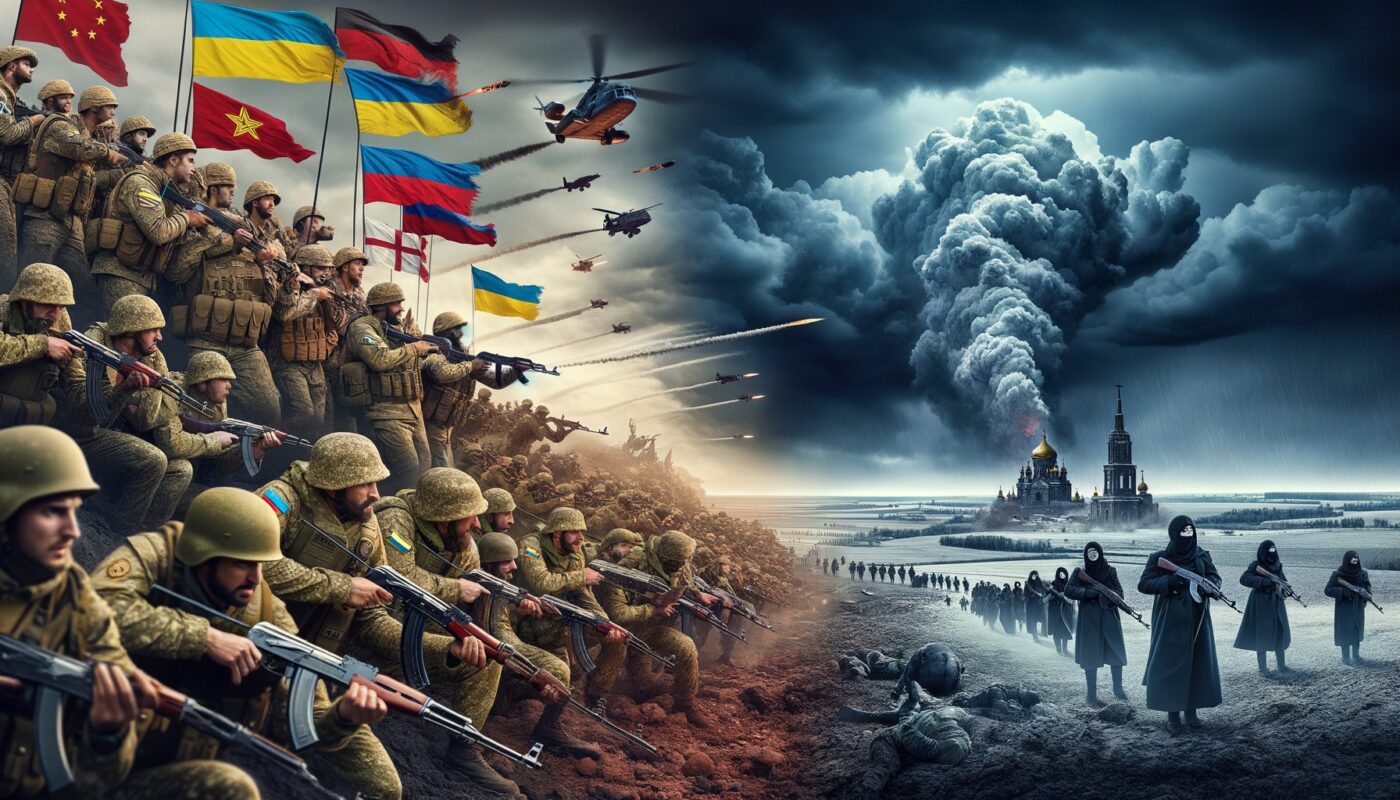Ukraine’s recent counterstrike in the Kursk region has been hailed as a significant move by Ukrainian officials, asserting that Russia is “getting what it deserves.” The renewed offensive indicates Ukraine’s determination to reclaim and secure territories previously occupied by Russian forces, further intensifying the ongoing conflict.
Background of the Kursk Counterattack
The Kursk counterattack is part of a broader strategy by Ukraine to push back against Russian advances. Ukrainian forces initiated a robust offensive against the Russian-held territories, coinciding with a series of strategic maneuvers aimed at destabilizing Russian control. This move comes after Ukraine’s surprise counter-invasion last August, which successfully recaptured numerous towns and villages.
According to Andriy Yermak, head of the Ukrainian Presidential Office, the counterattack sends a clear message: “Kursk region, good news, Russia is getting what it deserves,” highlighting Ukraine’s resilience in the face of adversity.
Key Developments in the Conflict
Ukrainian military efforts have been bolstered by the deployment of tanks and armored vehicles, particularly around the village of Berdin. Despite Russian claims of repelling these assaults, the Ukrainian Center for Countering Disinformation confirms sustained pressure on Russian positions.
Recent reports indicate the presence of North Korean troops supporting Russian forces. Allegedly, these troops serve as expendable units in a bid to weaken Ukrainian defenses. The involvement of such international forces complicates the conflict further and raises concerns about its regional implications.
Notably, Russia’s own tactics have received criticism. As Col. Oleksii Dmytrashkivskyi stated, Russia is accused of systematically damaging its own border villages amid preparations for further attacks on Ukrainian positions, an action that raises ethical and strategic questions. For more insights into global impacts of military actions, see this article.
Humanitarian Impacts and Reactions
The intensifying conflict has severe humanitarian repercussions. Approximately 2,000 residents in the Kursk region remain trapped, unable to evacuate due to continuous bombings. As of now, it’s reported that 39 civilians have lost their lives, and over 100 have been injured due to air and artillery strikes. This alarming situation underscores the urgent need for humanitarian intervention and protection of civilians.
Meanwhile, the White House estimates significant casualties among North Korean troops, emphasizing the broader geopolitical ramifications. An related discussion explores how these developments are impacting Europe’s energy landscape and diplomatic strategies.
Strategic Implications
The ongoing Kursk offensive represents a strategic pivot in the Ukraine-Russia conflict. By intensifying their countermeasures, Ukrainian forces aim not only to regain control but also to leverage these victories for potential diplomatic negotiations. This dynamic shift necessitates ongoing international monitoring and response, as highlighted in the recent reports of military losses faced by Russia.
The unfolding situation in Kursk emphasizes the complexities of modern warfare, involving state and non-state actors alike. As the situation evolves, it remains critical to follow further updates and analyses to understand the broader implications for regional stability and global security.
Warning : This information is indicative and without guarantee of accuracy. Consult a professional before making any decision.





